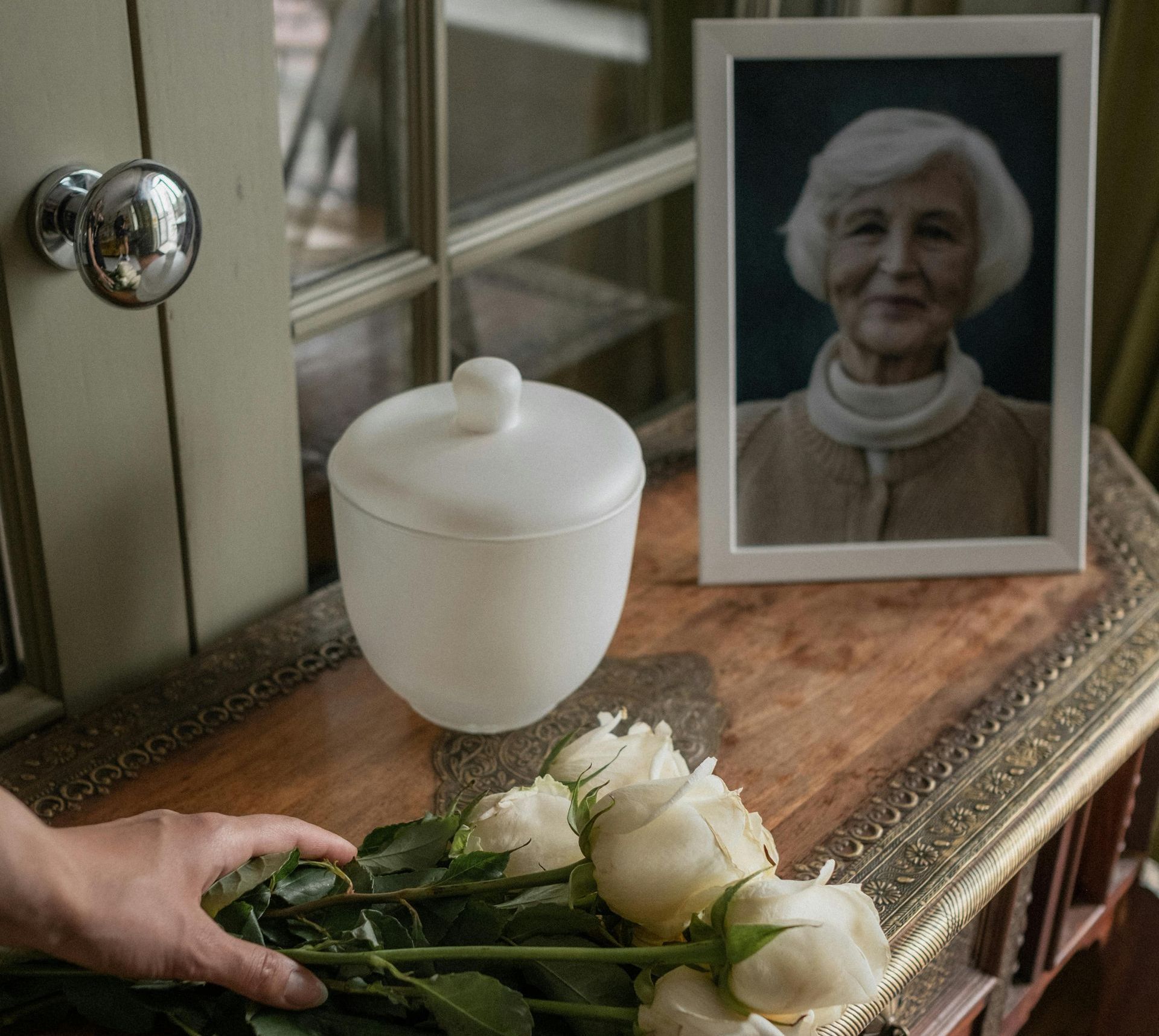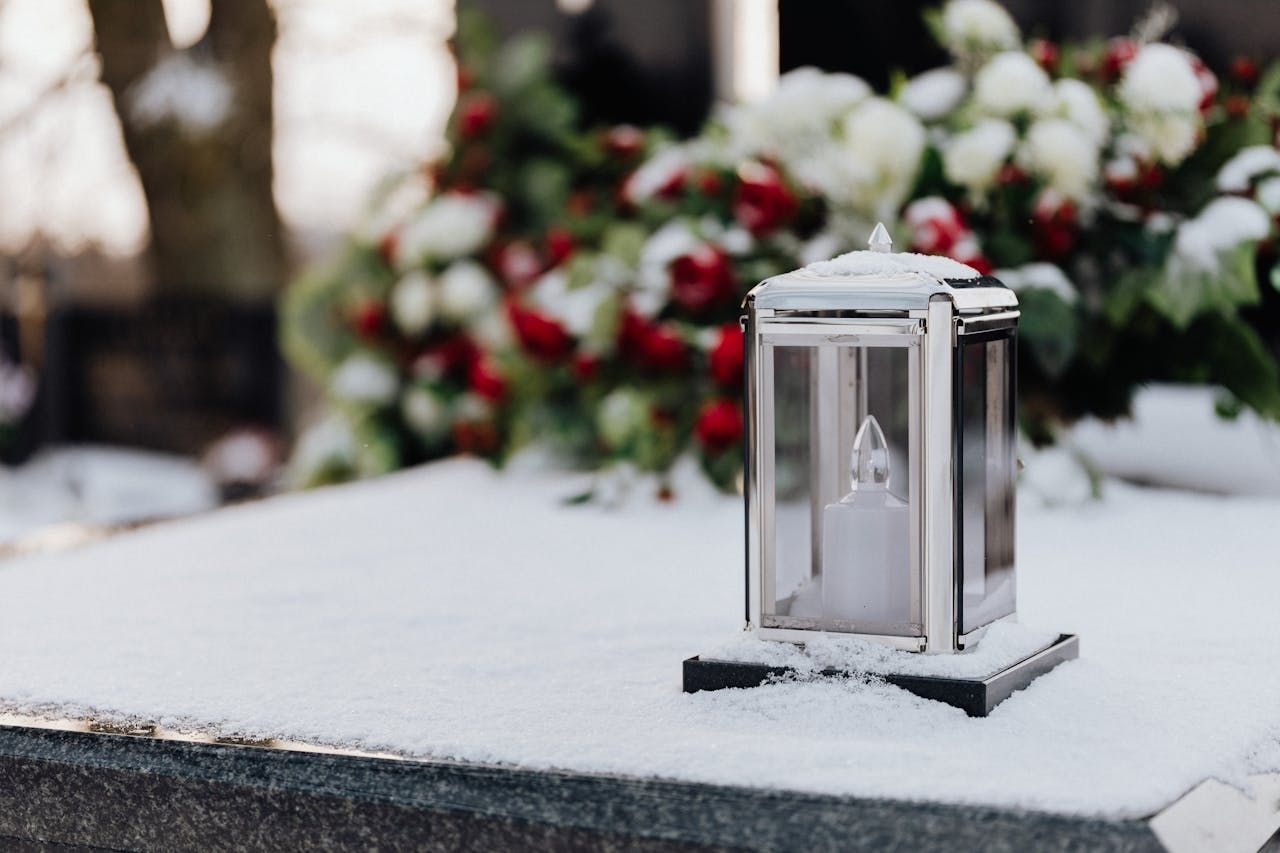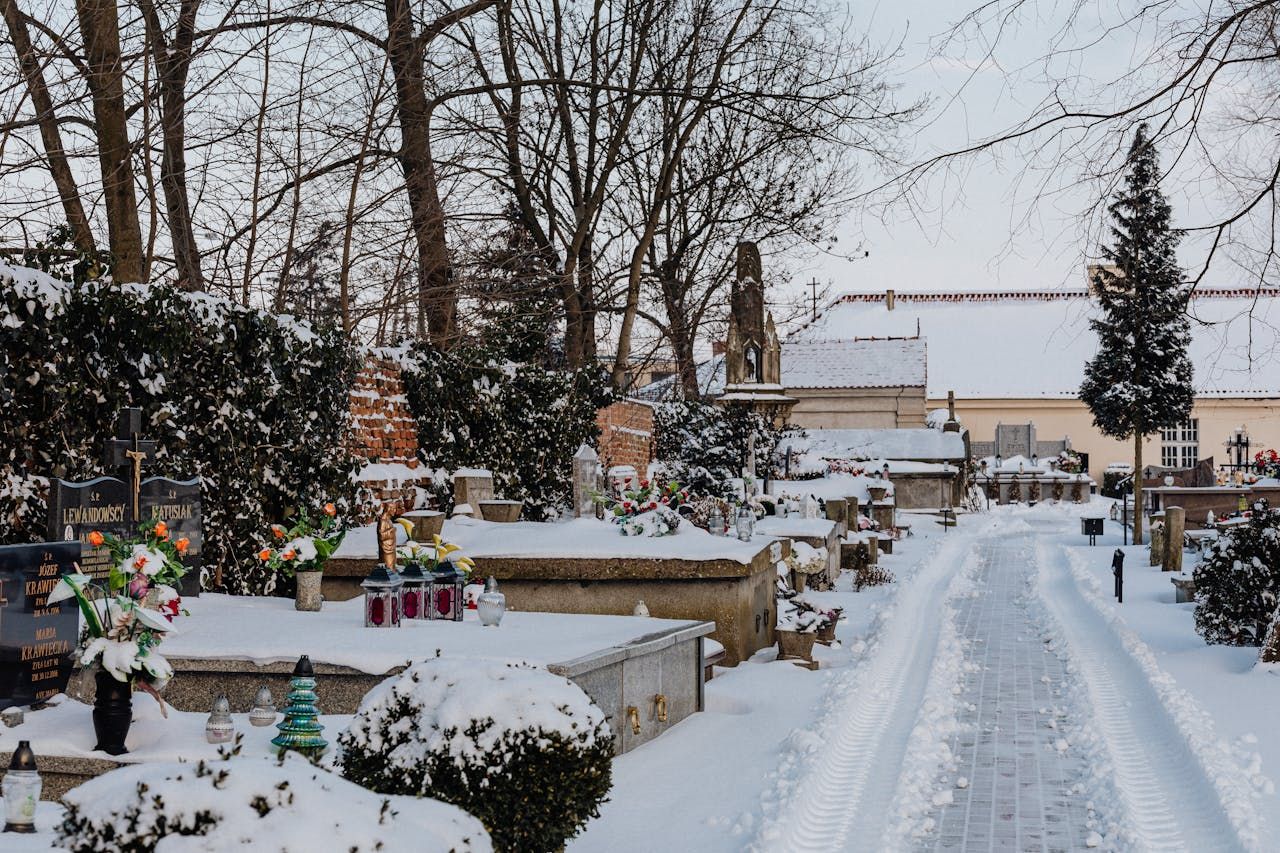When Did Cremation Start in the UK?

Cremation as a formal practice in the United Kingdom began over a century ago, marking a significant shift in how people chose to honour their loved ones. On March 26th, 1885, Mrs Jeannette Pickersgill became the first person to be cremated at Woking Crematorium, an event that symbolised the start of a new tradition. Only three cremations occurred that year, yet this groundbreaking moment paved the way for the evolution of end-of-life ceremonies in the UK.
Why Wasn’t Cremation Adopted Right Away?
Cremation faced resistance when first introduced in the UK, as cultural and religious beliefs strongly influenced public opinion. Many hesitated to accept this practice because it conflicted with long-held traditions and values. These concerns stemmed from a combination of historical theories about health, deeply ingrained spiritual beliefs, and societal norms. Below are some key reasons why cremation was not widely adopted initially:
- Miasma Theory Concerns – Many believed that decaying bodies released harmful vapours, which could spread diseases. However, cremation was not immediately embraced as a solution, as people feared it could disturb this process and potentially create dangerous fumes. This misconception hindered acceptance.
- Associated With Pagan Practices – Cremation was linked to ancient pagan rituals, which were seen as opposing Christian values. The Church played a significant role in shaping public attitudes, and anything connected with paganism was often dismissed or viewed with suspicion.
- Christian Belief in Resurrection – While the Bible does not mandate burial over cremation, many Christians believed that intact bodies were necessary for resurrection. This interpretation fostered fears that cremation might hinder the diving process, discouraging public acceptance.
Growing Acceptance of Cremation
Over time, cremation steadily gained acceptance as societal perspectives shifted. This shift was evident across England, Wales, Scotland, the Channel Islands and the Isle of Man, although Northern Ireland still held onto traditional burial practices more strongly. The growing need for practical funeral alternatives in urban areas with limited burial space played a significant role.
Public education on cremation’s temperature-controlled processes also addressed earlier concerns, demystifying the procedure. These factors collectively contributed to its broader adoption, making cremation an integral part of funerals across much of the UK.
Why Has Cremation Become So Accepted in the UK?
Cremation has become a widely chosen option in the UK due to its practicality and legislative support. The Cremation Act of 1902 played a pivotal role, establishing clear guidelines for cremation and ensuring it was conducted with respect and safety. This legislation provided a foundation for its increased acceptance by addressing public concerns.
Over the decades, social attitudes have shifted, with people considering cremation a dignified and cost-effective choice. Advanced technology has also transformed cremation facilities, making the process more efficient and environmentally considerate. Today, the cremation rate in the UK reflects how this option aligns with modern values, such as sustainability and individuality, making it a trusted choice for families across the country.
Modern Cremation Practices
Modern cremation practices have evolved significantly, reflecting cultural preference shifts and practical considerations. More families are choosing cremation, appreciating its flexibility and suitability for personalised memorials. It accounts for approximately 83% of funerals in the UK today , a number that continues to grow.
Recent advancements in cremation technology address environmental concerns, focusing on reducing emissions and conserving energy. These innovations make cremation a sustainable and meaningful option, aligning with the values of modern families. Modern cremation practices include several advances that promote sustainability and personalised choices:
Rising Cremation Rates – Cremation has steadily gained popularity, with nearly 4 out of 5 funerals now opting for this method. Families appreciate its practicality, affordability, and ability to accommodate diverse traditions.
Environmental Innovations – Modern systems include filters to lower emissions and reduce the environmental impact of cremation. “Water cremation,” or resomation, offers an even greener alternative using an alkaline hydrolysis process.
Flexibility in Memorials – Cremation allows families to plan bespoke ceremonies, scattering ashes at locations meaningful to their loved ones. It provides more options for honouring lives in a way that feels personal.
Use of Technology – Advanced crematorium facilities offer services such as live-streaming ceremonies for distant loved ones. This modern approach reflects society’s growing demand for convenient and inclusive practices.
Contact Bridgewater Funeral Services Today
At Bridgewater Funeral Services, we understand how important it is to honour your loved one with dignity and respect. Our professional team is dedicated to providing compassionate support and personalised services tailored to your wishes. If you are considering cremation in the UK, we are here to guide you and help create a farewell that truly reflects your loved one’s life. Reach out to us today and discover how we can assist you in planning a meaningful and heartfelt tribute. Contact us now to get started. We are here for you every step of the way.


